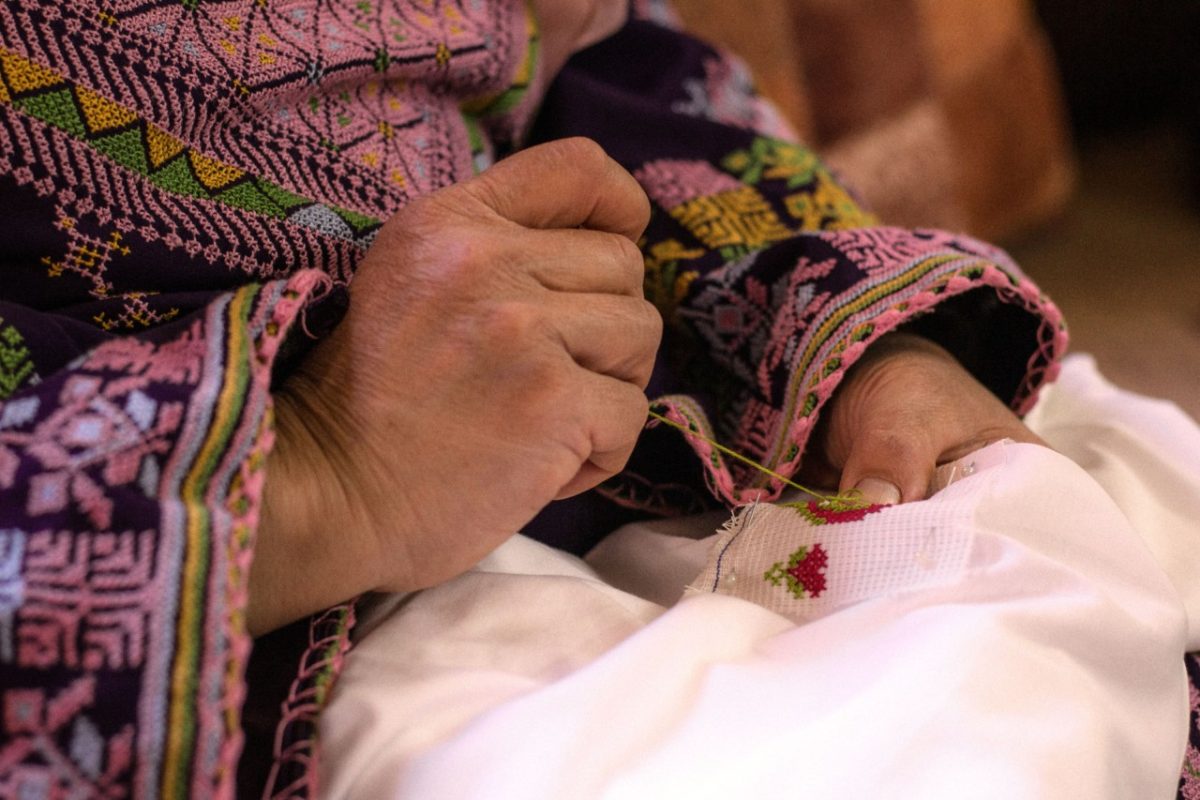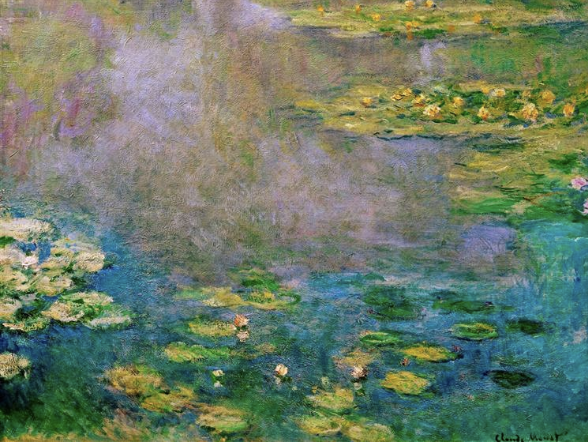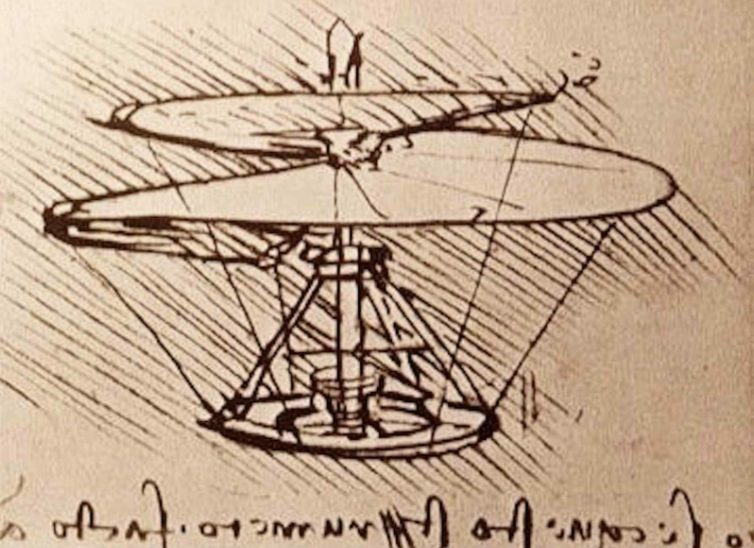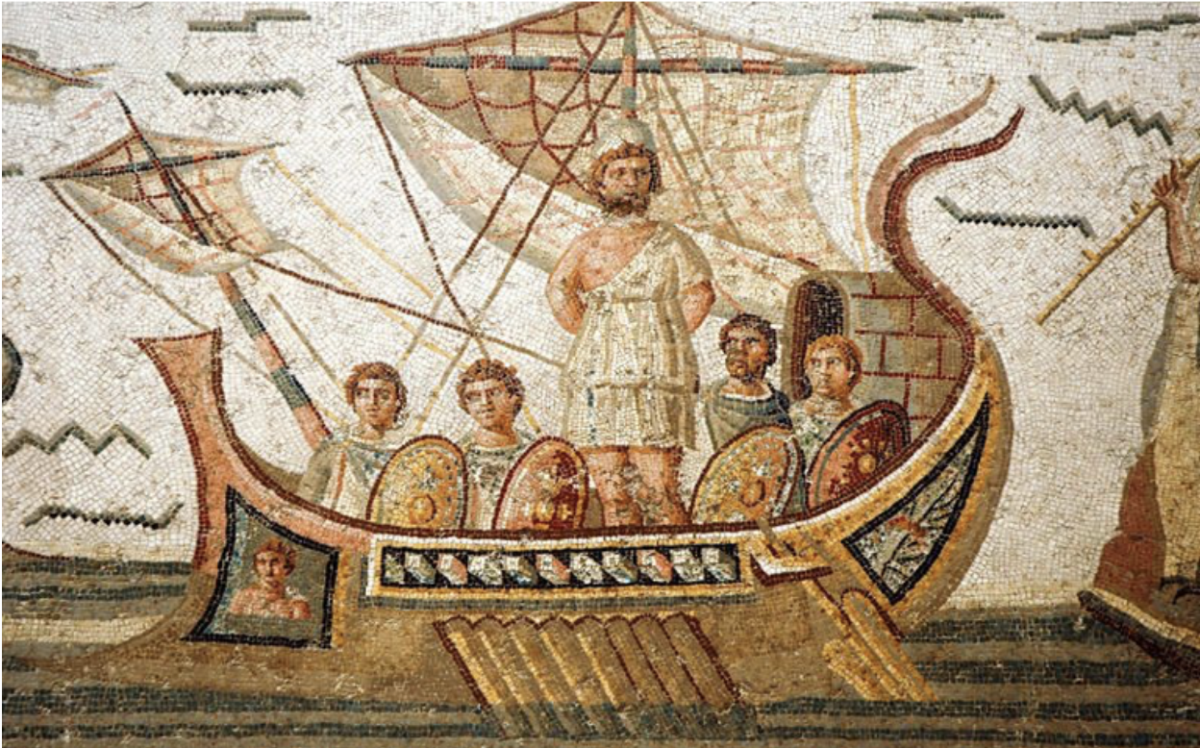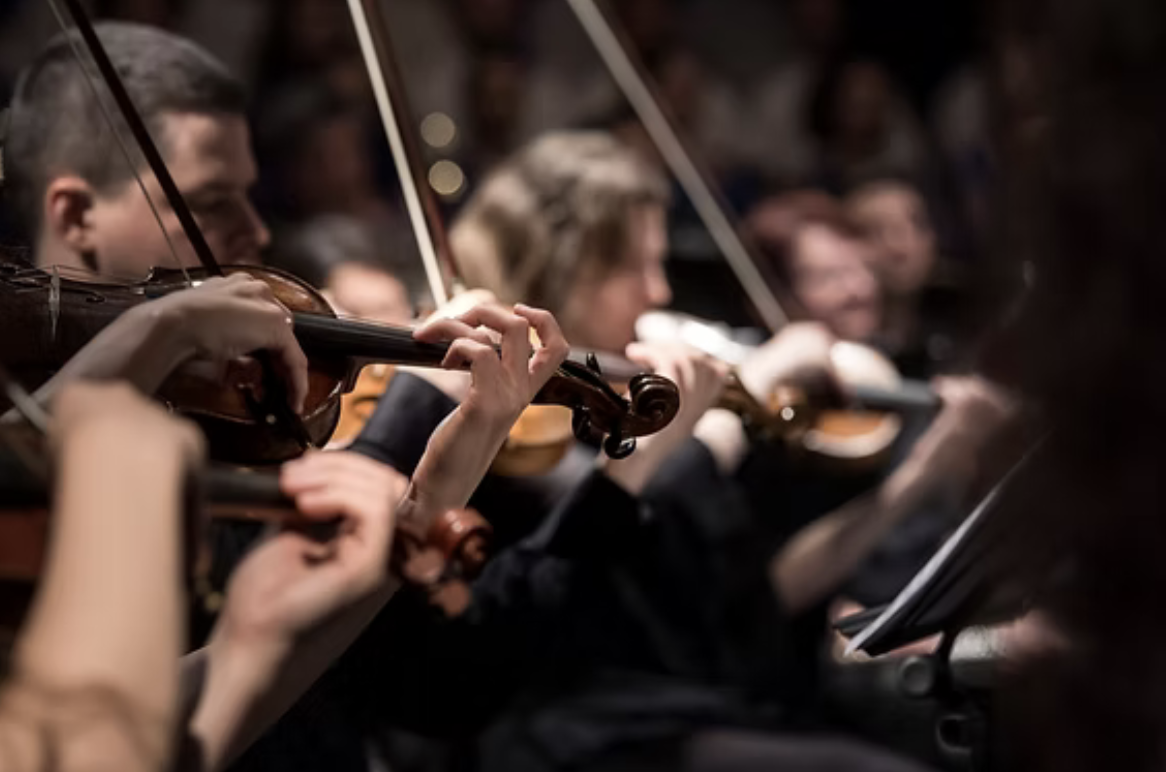The effects of globalisation on culture
Globalisation. It’s the reason you can enjoy delicious Indian takeout from the comforts of your own home, watch your favourite anime live from Japan, and catch a flight to a week-long vacation in Fiji to relax and unwind without getting yelled at by your teachers.
But as amazing as globalisation is, just like every good thing on this planet, it also has its fair share of downsides.
Advantages of globalisation
- improves our economy
- causes our governments to invest more in infrastructure and the quality and availability of public transport
- helps in the advancement of technologies through the sharing of ideas across nations that otherwise may never have even interacted in the first place
- leads to the emergence of new social movements, such as those aiming to help the environment
Disadvantages of globalisation
- causes greater inequalities between the rich and poor
- increases the use of child labour
- reduces the sovereignty of nations following the concentration of power in the hands of certain wealthier nations
- is slowly leading to a loss of cultural identity
Although we are now interconnected and are given the opportunity to learn from each other’s cultures a lot more than before, we have managed to lose ourselves in what seems like a grey, urban blend of a society.
Arjun Appadurai, a world-renowned social-cultural anthropologist, and expert on the cultural dynamics of globalisation argues, in his collection of essays ‘Modernity at Large’ (1996), that globalisation has resulted in a homogeneous mix of different cultures, or a “global cultural economy”, through the availability and distribution of the same products everywhere around the world. This idea was also presented in the ‘Consequences of Modernity’ (1990) by Anthony Giddens, a British political adviser, and educator trained as a sociologist and social theorist, where he explains that globalisation has induced the detachment of local cultural identities from our everyday lives, and that people are now inclined to identify with global culture.
The importance of preserving cultural identity
But why does this all matter? Do we even need these cultural traditions in our modern world?
The answer is yes. While it may not seem particularly important, the preservation of culture in our interconnected world is vital to our growth as a society. Learning about our roots can greatly strengthen our overall sense of self, contribute to a positive and stable society, and promote mental well-being. Not only that, but we have a lot to learn from our traditions. Safeguarding indigenous knowledge can solve contemporary problems such as climate change by looking into how we used to care for the land. It can also reveal a lot of wisdom and better ways of life, and traditional medicines can be very effective.
Celebrating our differences in culture can enhance our global understanding, fostering a beautiful inclusivity and acceptance between one another. In the process, it can even help our economy through tourism, the display of historical sights, unique festivals, and encouraging traditional crafts.
Solutions
To preserve culture, governments should promote local industries, providing financial help and shielding the industries from foreign competition, but it’s also up to us!
Learn more about your cultural heritage through poems, literature, film, and art. Look into not just the history of the land you came from, but also its traditions, whether that’s by experimenting with delicious new recipes, trying out cultural clothes, or even diving into its language if you have the time. Support your local industries. Visit cultural festivals. Teach others. There’s so much we can do.
I conclude this article by sharing a piece of my culture, in the hopes of encouraging you to do the same. Below is an excerpt from the poem ‘To Our Land’ by Mahmoud Darwish, a famous Palestinian poet, translated from Arabic into English by Fady Joudah:
“To our land,
and it is the one far from the adjectives of nouns,
the map of absence
To our land,
and it is the one tiny as a sesame seed,
a heavenly horizon … and a hidden chasm
To our land,
and it is the one poor as a grouse’s wings,
holy books … and an identity wound
To our land,
and it is the one surrounded with torn hills,
the ambush of a new past
To our land, and it is a prize of war,
the freedom to die from longing and burning
and our land, in its bloodied night,
is a jewel that glimmers for the far upon the far
and illuminates what’s outside it …
As for us, inside,
we suffocate more!”
References:
- StudySmarter UK. (n.d.). Effects of Globalisation: Positive & Negative | StudySmarter. [online] Available at: https://www.studysmarter.co.uk/explanations/geography/globalisation/effects-of-globalisation/#:~:text=Effects%20of%20Globalisation%20%2D%20Key%20takeaways
- Ziyan, J. (2023). Globalization and its Impact on Cultural Identity: An Analysis. [online] Medium. Available at: https://jihaneziyan.medium.com/globalization-and-its-impact-on-cultural-identity-an-analysis-9e531b22f66e#:~:text=According%20to%20Giddens%20(1990)%2C
- NYU Steinhardt. (n.d.). Arjun Appadurai. [online] Available at: https://steinhardt.nyu.edu/people/arjun-appadurai
- The Editors of Encyclopedia Britannica (2019). Anthony Giddens | British sociologist. In: Encyclopædia Britannica. [online] Available at: https://www.britannica.com/biography/Anthony-Giddens
- www.linkedin.com. (n.d.). The Power of Cultural Preservation: 5 Benefits and Our Societal Responsibility. [online] Available at: https://www.linkedin.com/pulse/power-cultural-preservation-5-benefits-our-societal-responsibility-ijhvf#:~:text=Preserving%20cultural%20practices%2C%20rituals%2C%20and
- Foundation, P. (2022). To Our Land by Mahmoud Darwish. [online] Poetry Foundation. Available at: https://www.poetryfoundation.org/poems/52554/to-our-land-56d2311d9f3ad


